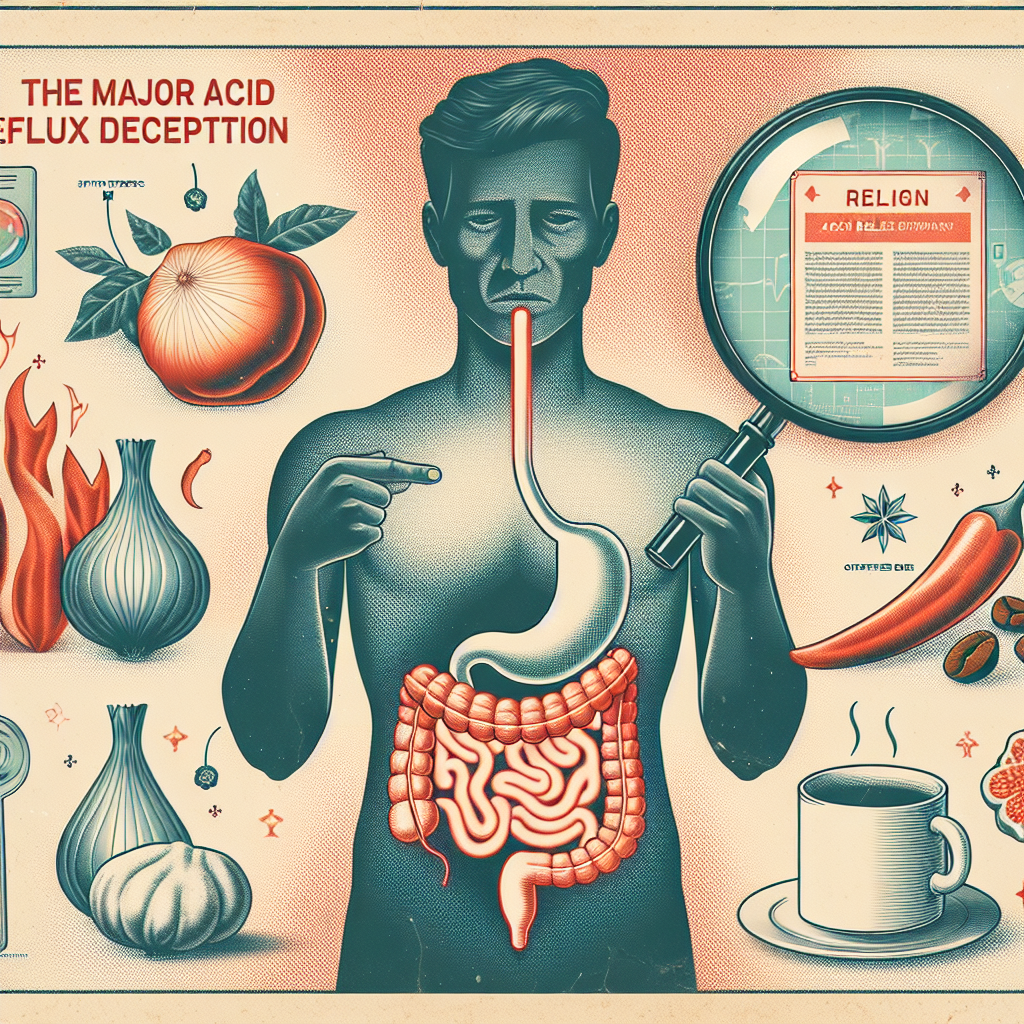In the United States, a substantial number of adults—66%—are reported to be on at least one prescription medication, with the average individual filling about nine prescriptions annually. This statistic raises alarming concerns about the overmedication of patients, particularly the elderly, who often find themselves on complex regimens that can result in adverse effects rather than benefits. A case in point is statins, commonly prescribed for cholesterol management, which have been shown to provide minimal lifespan extension, while also causing severe side effects, such as muscle pain and cognitive impairment in up to 20% of their users. Similarly, other medications like NSAIDs, SSRIs, and proton pump inhibitors (PPIs) are frequently identified by holistic doctors as unnecessary, dangerous, or potentially harmful, yet their prescriptions remain widespread.
The grim realities of polypharmacy are further underscored by research from 2007 that indicates a significant reduction in mortality (23% decrease) and hospital referrals (18.2% decrease) following the discontinuation of non-essential medications. Despite compelling evidence against the safety and necessity of many prescriptions, the medical community continues to embrace an increasingly drug-centric approach to healthcare, prioritizing medication over more holistic or lifestyle-oriented strategies. Among the drugs frequently listed by holistic doctors for their unnecessary prescription rates, statins, NSAIDs, SSRIs, and PPIs consistently appear, mirroring a concerning trend in modern medical practice.
One clinical condition that epitomizes the overuse of medications is gastroesophageal reflux disease (GERD), which affects an estimated 20% of adults in the United States. This condition arises from the backward flow of stomach acid into the esophagus, leading to symptoms like heartburn. Silent reflux, or laryngopharyngeal reflux, is a less recognized variant that presents symptoms not commonly identified as acid reflux. Instead of seeking medication, lifestyle interventions such as diet modification, meal timing, and weight management have been shown to provide substantial relief for many suffering from this condition. Unfortunately, these straightforward strategies are often overshadowed by a healthcare culture enamored with pharmaceutical solutions.
The essential nature of stomach acid for physiological function is frequently dismissed, leading to a prevalent acceptance of acid suppression as a remedy for reflux-related conditions. Stomach acid plays crucial roles in protein digestion and nutrient absorption, as well as serving as a line of defense against harmful pathogens entering the body. The misconception that stomach acid is expendable or harmful often results in misguided treatments. For instance, acid-blocking medications can disrupt the digestion of proteins, hinder the absorption of vital minerals, and drastically alter gut microbiota. This alteration can lead to infections, as evidenced by studies showing an increased risk of pneumonia and Clostridium difficile infections in patients using PPIs.
The detrimental impacts of low stomach acid extend beyond digestion; they can contribute to widespread nutrient deficiencies, which are alarming in an age where many chronic diseases are tied to nutritional shortfalls. As industrial agriculture and food processing combine to deplete essential nutrients from the food supply, the implications for public health are profound. Vitamins and minerals require an acidic environment for optimal absorption, making stomach acid deficiencies particularly problematic for various populations, notably vegetarians, whose diets rely heavily on plant-based sources of nutrients.
In summary, the overprescription of medications continues to pose significant dangers to patient health, particularly among the elderly. Statins and PPIs serve as stark reminders of the unintended consequences medications can harbor. As we grapple with the implications of overmedication, it is crucial to reclaim a holistic perspective in medicine—one that respects the body’s natural processes and emphasizes lifestyle modifications alongside evidence-based alternatives to pharmaceuticals. Reducing reliance on unnecessary medications could lead to improved health outcomes and a better quality of life for millions of Americans, highlighting the need for both patients and healthcare providers to be discerning about the medications they choose to utilize.

